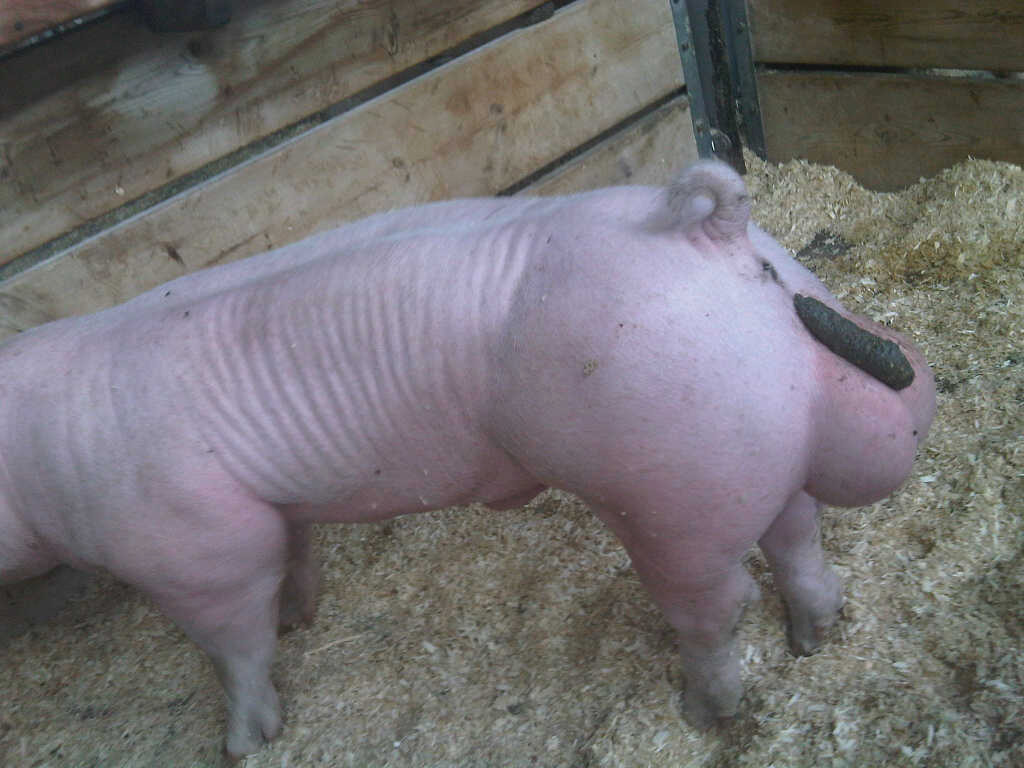This lady claims to be an expert but doesn’t even mention the poop knife?!
The poop knife is irrelevant until and unless one plans to flush, which this question did not ask.
Also, why do you assume the nurse is a lady?
I never realized that this process is basically a biological cold extrusion.
That's because it isn't. As was just explained, the shape is pretty much set before the "extrusion die" sphincter comes into play.
What are you talking about? The asshole works as a die. Extrusion is about deforming the object, it doesn't have to change its general "shape". If there is plastic deformation, which there is as stated(unless you hold it in unhealthily long), then it counts. You extrude a cylinder with a big cross section to one with a smaller cross section.
See i have IBS so i already knew this as i experience it first hand weekly.
I have a lot of dietary restrictions to make it better. A bit of constipation is actually a huge improvement for me as ive been to the ER multiple times because i was emptying my entire digestive tract and literally passing out from the pain. I have some significant intolerance's too like gluten(could be Oligosaccharides idk), and eggs which restrict me a lot in what i can have. FODMAP is a bit complicated because its like a grouping of different things and some of them i have no problem with, or are actually beneficial while others do mess me up. Like Sugar Alcohols like Xylitol actually help i have a really expensive gum thats pure xylitol and it helps to keep my digestion normal. Altho too much can be a problem. Its really complicated and weird. Like one thing ive figured out recently is if i take NSAIDs for a couple days it triggers a really bad episode. So i try to avoid them in general now but if i had to i just would not use them for too long.
God bless nurses explaining things in simple term a child can understand.
I just finished my surgery rotation for medical school and I saw so many colonoscopies. I have seen the inside of dozens of people's colons and this is a pretty good explanation for what's going on. I could also tell which patients ate a lot of fruit or seeds because there would still be some residual seeds in there after the clean-out prep.
Pro tip: if you are going in for a colonoscopy, ask for the pill form of the prep. Most insurances cover it, it works better, and you don't have to drink the gallon of disgusting fluid.
Also! Colonoscopies are very important! They are the single best tool for detecting and preventing colon cancer. During the scope, if they find any polyps, they get removed and sent for evaluation to see if they are cancerous, pre-cancerous, or benign, and the polyps are basically the seeds of colon cancer. It is recommended to get your first colonoscopy at age 45, unless you have a family history of colon cancer, in which case you would get your first one 10 years younger than the age the family member was diagnosed, or age 45, whichever is younger.
There are the home tests like the cologuard, but that has a 45% false positive rate, and they're only good for 3 years while a colonoscopy is good for 10 years(*) if it comes back normal, so the cologuard ends up being more expensive in the long run. It also only detects the later, more advanced polyps that are more likely to be closer to being cancer, and if it comes back positive, you have to get a colonoscopy anyways. A lot of the false positives come from the fact that it tests for DNA associated with cancer mutations and for microscopic blood in the stool, and they don't tell you if it's positive because of the DNA or the blood, and you can have microscopic amounts of blood in your stool for tons of reasons.
TL;DR: Colonoscopies are very important, and MUCH better than the home test. Talk to your primary care provider about when you should start screening, and if you're over 45, go get scheduled for one now. Colon cancer is a horrible disease, and it's actually quite preventable and easy to catch in the early stages, if you get your colonoscopies on the recommended schedule.
*Addendum: If your colonoscopy detects certain kinds of polyps, or more than a certain number of polyps, you might be on a shorter interval for surveillance scopes to make sure they catch anything before it becomes cancer, and that interval can be anywhere from 3 to 7 years depending on what they found. Also, if you have a family history of colon or rectal cancer, you'll be on a 5 year schedule because you're higher risk.
mods removing the mildest possible criticism of misogyny in what seems to be a fit of pique, embarrassing







